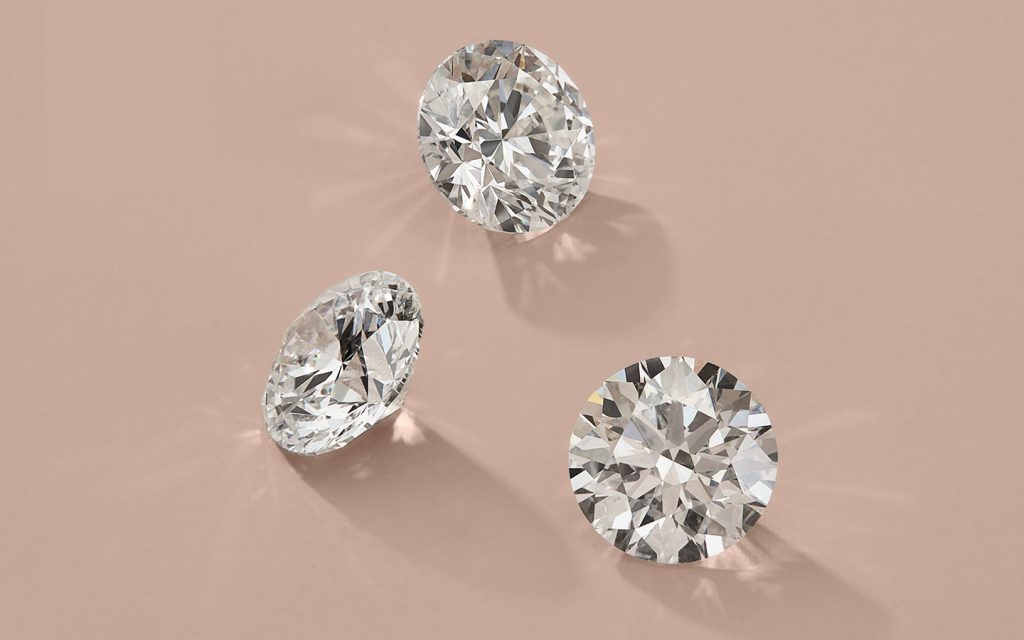
Gemstones are treasures from the earth, coveted for their beauty and rarity. Whether you’re purchasing a diamond engagement ring or a sapphire necklace, ensuring the authenticity and quality of these precious gems is paramount. This is where gemstone certification authorities like GIA (Gemological Institute of America) and IGI (International Gemological Institute) come into play.
Table of Contents
GIA: Gemological Institute of America
History and Reputation
Established in 1931, GIA has set the standard for gemstone grading and identification. With its rigorous certification process and uncompromising integrity, GIA-certified gemstones are highly regarded in the industry.
Certification Process
GIA employs a team of expert gemologists who meticulously evaluate each stone based on the 4Cs: cut, color, clarity, and carat weight. Their extensive research and education initiatives ensure consistent and accurate grading.
Strengths and Weaknesses
While GIA is synonymous with quality and reliability, its certifications can be more expensive and time-consuming compared to other options. However, the prestige associated with GIA can justify the investment for many buyers.
IGI: International Gemological Institute
Background and Credibility
Founded in 1975, IGI has grown into one of the world’s largest independent gem certification and appraisal institutes. It operates in multiple countries and provides services to consumers and businesses alike.
Certification Process Comparison with GIA
IGI follows a similar grading methodology to GIA, focusing on the 4Cs. However, some industry experts argue that IGI may be slightly more lenient in its grading standards compared to GIA.
Pros and Cons
IGI offers a more affordable alternative to GIA, making it accessible to a broader range of consumers. However, some buyers may question the consistency and accuracy of IGI-certified gemstones.
Quality of Certification
Factors Determining Gemstone Value
Gemstone value is influenced by various factors, including rarity, color intensity, and clarity. Both GIA and IGI consider these factors in their grading process.
Comparative Analysis of GIA and IGI Standards
While GIA is often seen as the gold standard in gemstone certification, IGI has made significant strides in establishing itself as a reputable authority. The differences in their grading criteria are subtle but can impact the perceived value of a gemstone.
Industry Perception
The industry’s perception of gia vs igi certifications can vary depending on geographic location and market segment. In some regions, GIA may be preferred, while IGI may dominate in others.
Cost and Turnaround Time
Fee Structures
GIA’s certification fees tend to be higher than IGI’s, reflecting the institute’s premium positioning in the market. However, IGI’s competitive pricing has made it an attractive option for budget-conscious consumers.
Time Taken for Certification
GIA’s thorough examination process may result in longer turnaround times compared to IGI. Buyers should factor in the time needed for certification when planning their purchase.
Market Acceptance and Consumer Perception
Influence on Buying Decisions
The certification authority can significantly influence consumer purchasing decisions. Many buyers feel more confident investing in gemstones with reputable certifications like GIA or IGI.
Preferences of Jewelers and Collectors
Jewelers and collectors often have their preferences when it comes to certification authorities. Some may exclusively deal with GIA-certified stones, while others may be more open to IGI certifications.
Impact on Resale Value
Gemstones with GIA or IGI certifications typically command higher resale values due to their perceived authenticity and quality assurance.
Accuracy and Consistency
Evaluation Criteria
Both GIA and IGI adhere to strict evaluation criteria to ensure the accuracy and consistency of their grading. However, minor discrepancies may arise due to the subjective nature of gemstone assessment.
Feedback from Industry Professionals
Feedback from industry professionals and gemstone enthusiasts can provide valuable insights into the perceived strengths and weaknesses of GIA and IGI certifications.
Popularity and Reach
Geographic Presence
GIA has a more extensive global presence compared to IGI, with laboratories and offices located in key gemstone markets worldwide.
Market Share Analysis
While GIA remains the dominant player in the gemstone certification industry, lab created diamonds, IGI has steadily gained market share over the years, particularly in emerging markets.
Emerging Trends and Innovations
Technological Advancements
Advancements in gemological equipment and techniques continue to shape the certification landscape. Both GIA and IGI are at the forefront of adopting new technologies to enhance their grading processes.
Future Prospects
The future of gemstone certification is likely to be driven by advancements in artificial intelligence, blockchain technology, and data analytics, promising greater transparency and traceability.
Choosing Between GIA and IGI
Factors to Consider
When choosing between GIA and IGI certifications, buyers should consider their budget, timeline, and personal preferences. Both authorities offer reliable certifications, but the decision ultimately depends on individual needs.
Personal Preferences
Some buyers may place more importance on the prestige of a GIA certification, while others may prioritize affordability and accessibility offered by IGI.